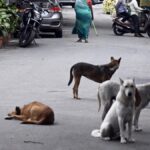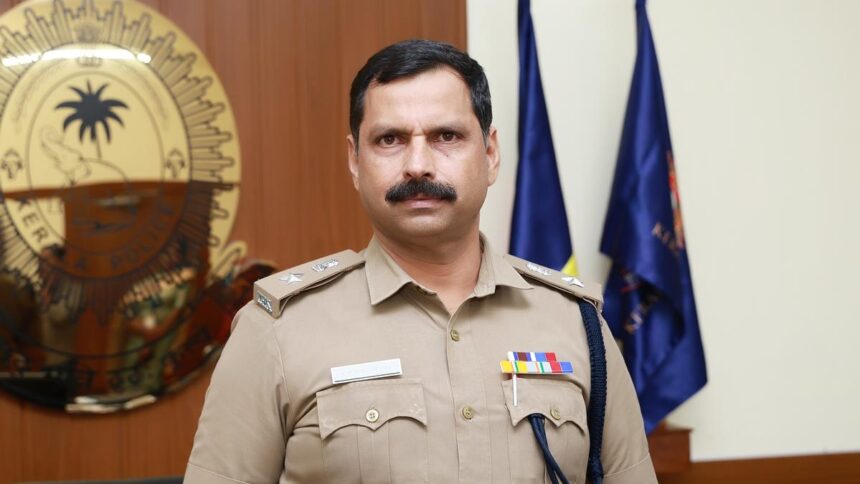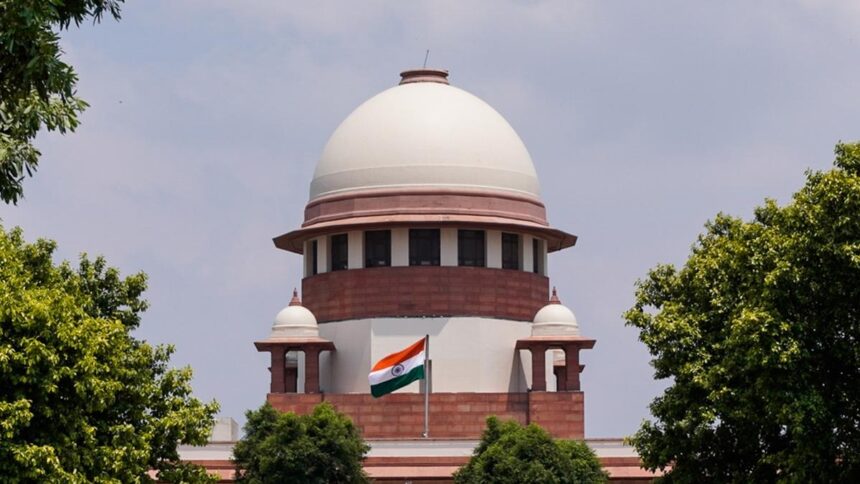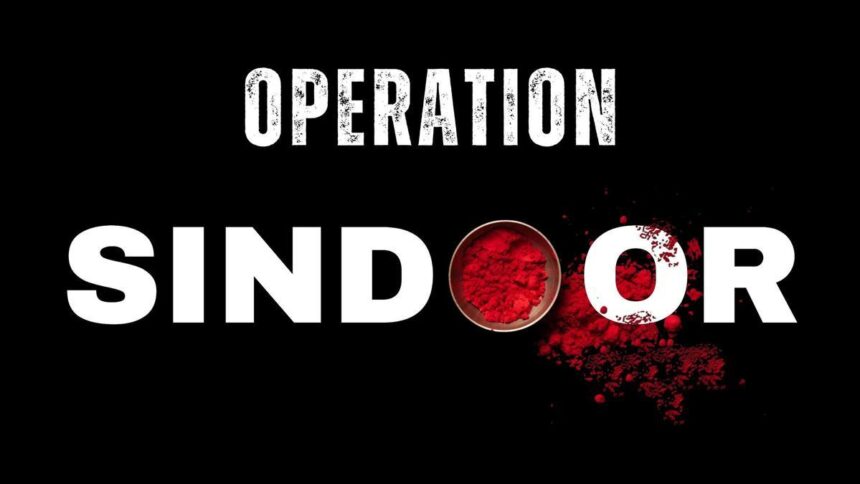
Coconut plantations in Karnataka. There has been a widespread infestation of black-headed caterpillars in many plantations across the State.
| Photo Credit: The Hindu
Chief Minister Siddaramaiah has sought report from the Horticulture Department on the reported threat posed by the black-headed caterpillar disease to the coconut plantation across the state and the measures needed to control its spread.
Responding to a representation submitted by MLC Dinesh Gooligowda, who expressed concern over a significant increase in the black-headed caterpillar disease in recent years in coconut trees, causing a sharp decline in yield, Mr. Siddaramaiah directed the Director of Horticulture Department to immediately obtain a report from an expert panel and submit an action plan to control the spread of the disease.
In his representation, Mr. Gooligowda said spread of black-headed caterpillar (Opisina arenosella) infestation was severely damaging the coconut crops, which is a key commercial crop in districts of Mandya, Tumakuru, Bengaluru Urban, Bengaluru Rural, Kolar, Mysuru, Chamarajanagar and Hassan, leaving the farmers distressed.
“This pest causes serious damage to coconut trees in both coastal and inland regions. The caterpillars reside in silken galleries built on the undersides of leaves and consume the green portions, reducing the plant’s photosynthetic ability. When the infestation is severe, the trees appear scorched. If not controlled in time, yield can drop by up to 80%”, Mr. Gooligowda pointed out.
Presently, the disease is more prevalent in Mandya and nearby districts. “If a swift and permanent solution is not implemented, the infestation could spread across the state, adversely affecting coconut plantation and cause a major economic blow to the State”, the MLC said while seeking the Chief Minister’s immediate intervention in the interest of the farmers.
As the pest spreads rapid through wind dispersal, the disease can only be effectively managed if collective action is taken simultaneously by all affected farmers in cluster areas, he said calling for urgent measures by the Horticulture Department in co-ordination with the Coconut Development Board.
Though the Horticulture Department and the Board were currently implementing control strategies like the use of neem-based pesticides, root nourishment and release of Goniozus parasitoids along with integrated nutrient management, which is commendable, there was a pressing need for broader interventions to prevent the worsening of the problem by taking additional and long-term measures urgently, he said.
Mr. Gooligowda suggested that extensive surveys not just in already affected areas, but also in unaffected regions by appointing farmer assistants at gram panchayat levels to accurately assess the extent of infestation.
He also sought steps to enable laboratories to produce the Goniozus parasitoids in large scale while constituting rapid response teams through local agricultural science centres, horticultural and agricultural universities
Mr. Gooligowda also sought adequate supply of neem-based pesticides, neem cake, Nitrogen Phosphorous and Potassium (NPK) for plant growth, besides bio-fertilizers that boost pest and disease resistance either free of cost or at a subsidized rate to the farmers.
Published – June 29, 2025 07:36 am IST




















